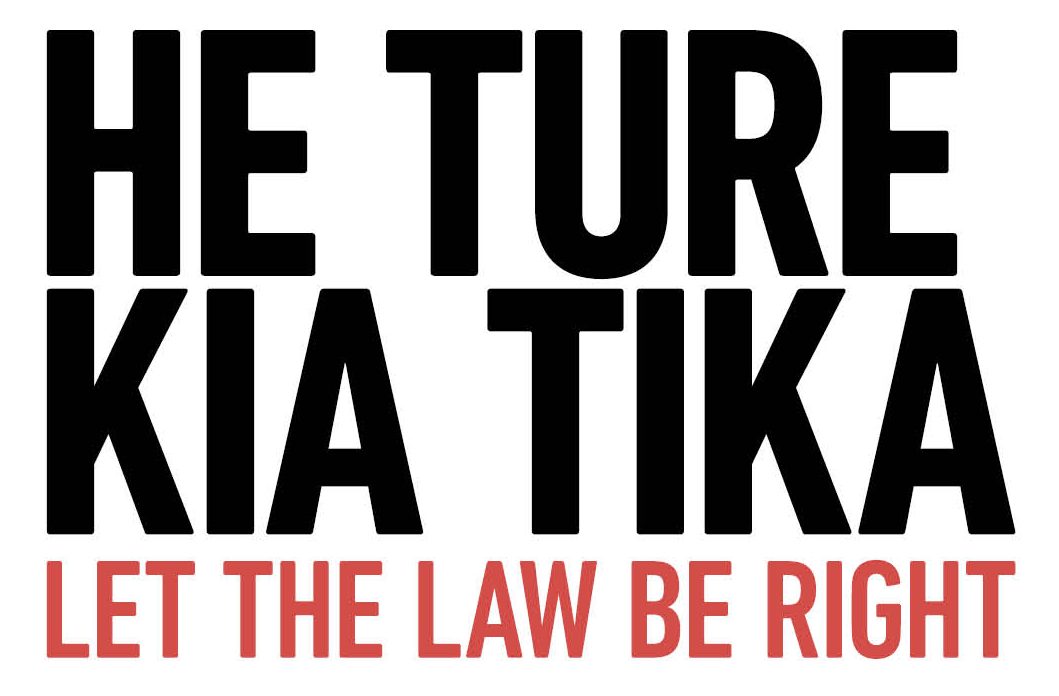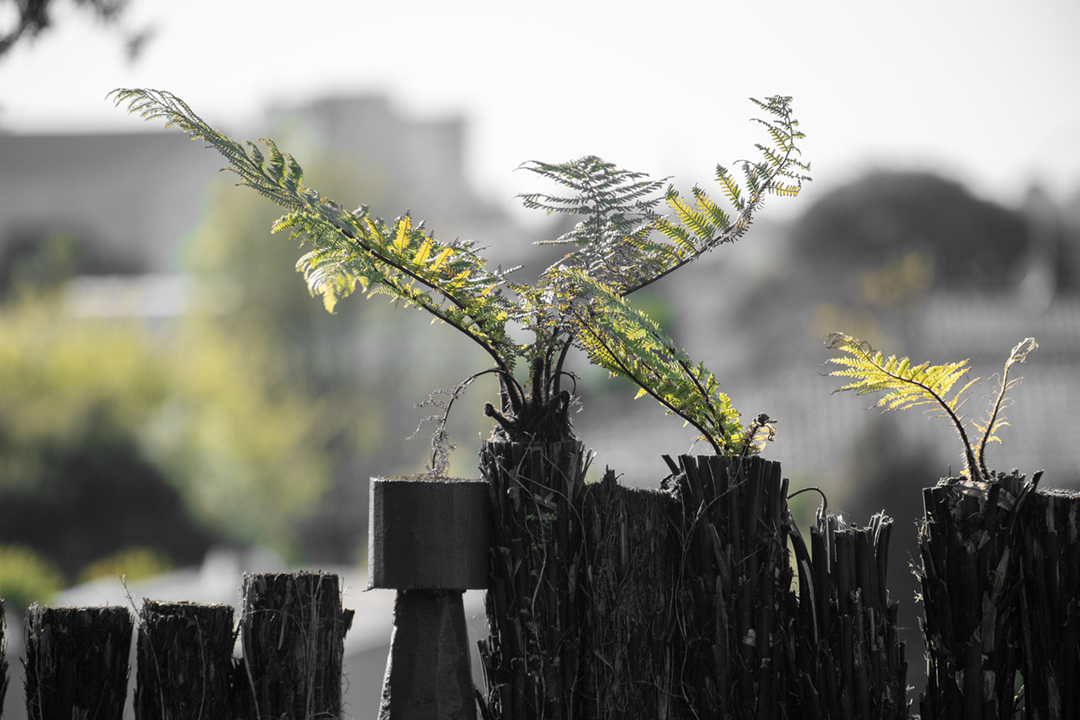Today marks the launch of the first of our series of five short films, which aim to bring our pūrākau (stories) to life. In this film, we highlight the support provided by Hoani Marae to numerous whānau. If you prefer, you can also read the full written pūrākau here.

Hoani Waititi is a well-known, respected rangatira and educationalist. He was concerned about the assimilation policies that were working to strip Māori of their language, culture and identity. He saw education as a way of helping Māori stand strong in their mana.
During the 1960s, many urbanised young Māori or rangatahi were getting into trouble in and around the Te Atatu hapori, Tā Pita Sharples and Dame June Mariu worked in partnership with the police and supported by Judge Mick Brown to form a programme. The programme was called Te Whānau Awhina, and it aimed to help rangatahi take responsibility for their actions to their whānau, school, & hapori.
This was one of many first initiatives of using a conciliation hui to weave whānau back together, as Lawyer Rosie Abbott shared. After a long process of fundraising, a pan-tribal marae was opened on April 19th 1990; since then, Hoani Waititi Marae has been the “centrifugal place for Māori”. Apart from being a kura kaupapa, today, the marae offers a number of tikanga programmes and justice initiatives, including:
- Te Whānau Awhina, restorative justice programme.
- Te Pae Oranga, iwi community panels.
- Te Kōti Rangatahi, rangatahi court.
- Whānau Ora services.
- Noho marae wānanga.
- Tatou Pounamu, family violence education.
- Tikanga programmes on marae and in prison.
- Patua te Nganara, a programme supporting whānau to stop using meth.
Watch the Hoani Waititi Marae film
We are grateful to Shane White and the other whānau of Hoani Waititi Marae, who shared their insights in their written pūrākau and helped tell their story in the film.


Kiaora
All wonderful mahi.
<
div>I was
LikeLike